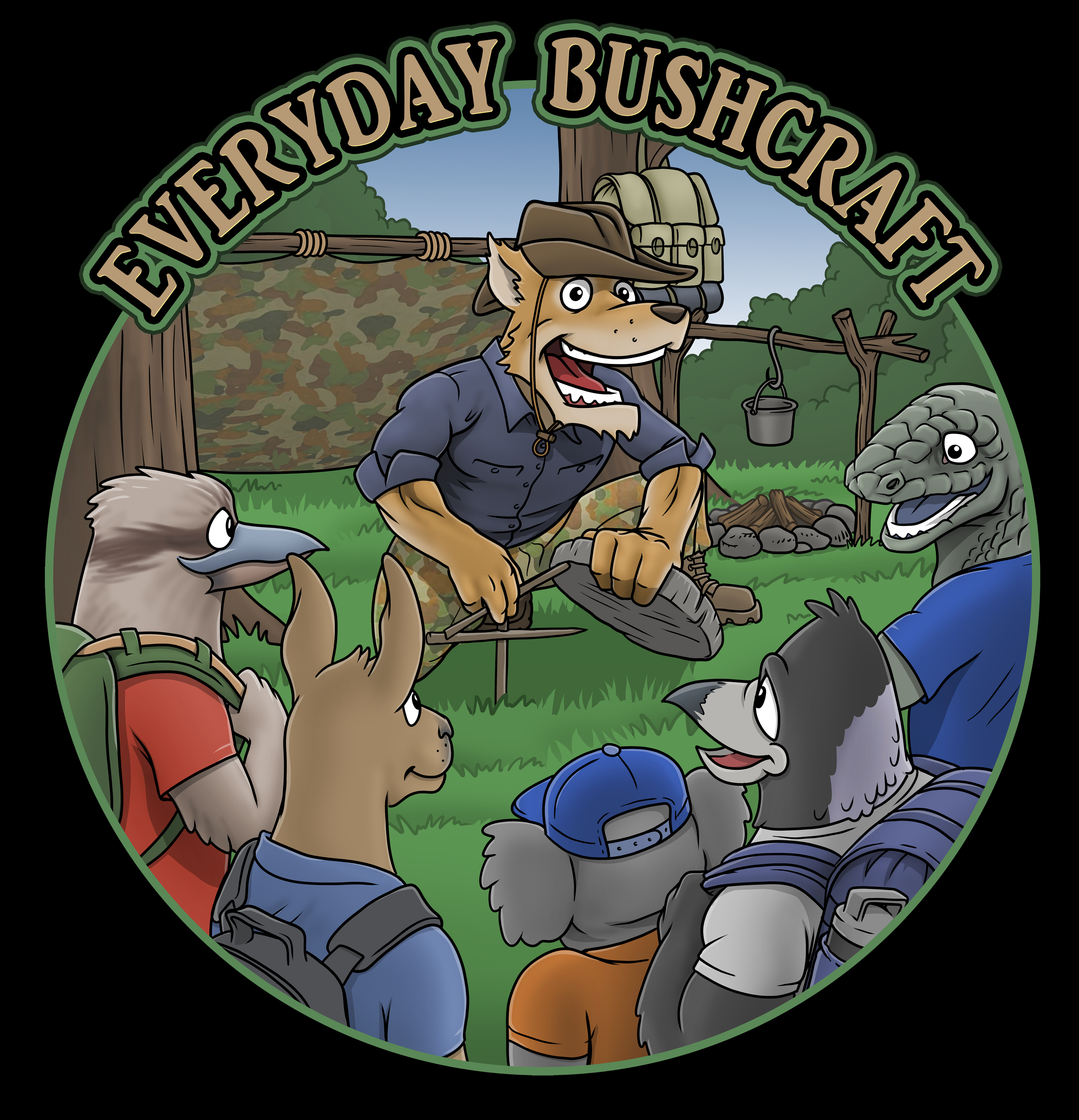
The Soldier’s 7: A Blueprint for Everyday Wellbeing
- gbucknell

- May 14
- 3 min read
In the military, simplicity and discipline guide much of what we do. Among the most powerful frameworks used to sustain physical and mental readiness is known as the Soldier’s 7—a set of foundational principles that promote resilience, performance, and overall wellbeing. These aren’t just for soldiers; they’re for anyone navigating the stresses of everyday life.
Here’s a breakdown of each element, and why it matters not just in combat zones, but in our homes, workplaces, and communities.
Diet: Fuel for the Fight
In the Army, poor nutrition compromises performance. In civilian life, it’s no different. What we eat fuels everything—from our immune system to our mood and focus. Balanced meals, rich in whole foods and low in processed sugar, are the cornerstone of physical and mental health. Think of every bite as preparation for your personal mission—whether that’s leading a team, caring for your family, or simply getting through a tough day.
Exercise: Movement is Medicine
Soldiers don’t just train for aesthetics—they train for function. Daily movement improves cardiovascular health, sharpens the mind, and helps regulate emotions. You don’t need to run 10km or deadlift 200kg; even a brisk walk, a few stretches, or a regular fitness routine tailored to your needs makes a big difference. Consistency is key.
Sleep: Recovery is Readiness
Sleep is when the body repairs and the mind consolidates. Without enough of it, judgment, emotional regulation, and physical health all suffer. In the field, sleep might be fragmented, but in everyday life, we often sacrifice it unnecessarily. Prioritising rest isn’t lazy—it’s strategic. It’s how we stay sharp and ready for life’s challenges.
Hydration: Keep the Engine Running
Water is often overlooked, but it’s critical. Just a small drop in hydration levels can cause fatigue, headaches, and poor concentration. Soldiers are taught to drink water before they feel thirsty—because by the time thirst hits, it’s already late. The same applies to everyday life. Stay ahead of dehydration and your body (and brain) will thank you.
Social Connection: Mateship Matters
No soldier goes into battle alone. Camaraderie builds resilience. Humans are wired for connection, and meaningful relationships are among the strongest predictors of wellbeing. Whether it’s a mate, a mentor, or a family member—connection gives us strength. If you’re struggling, talking to someone could be the first step to recovery or growth.
Hobbies: Train for Joy
Soldiers often find escape and balance in small activities—reading, woodworking, fishing, or music. Hobbies aren’t just distractions; they are tools for mental health. They provide flow, satisfaction, and a sense of identity beyond work or duty. They reconnect us with creativity and curiosity, and help us recover from stress.
Purpose and Meaning: Know Your Why
Perhaps the most powerful of all. In the military, purpose is clear: serve, protect, endure. In civilian life, that clarity can get lost. But humans thrive when we’re anchored to something bigger than ourselves. Whether it’s family, community, faith, or a personal mission—knowing your “why” helps weather life’s storms and gives direction to your days.
Final Thoughts: Adopting the Soldier’s 7 in Everyday Life
You don’t need a uniform to benefit from the Soldier’s 7. These principles remind us that resilience isn’t about being tough all the time—it’s about being prepared, connected, and grounded.
They’re not quick fixes. They’re long-term habits—simple, powerful, and proven by some of the most demanding environments on earth.
Try focusing on just one area this week. Improve your sleep, reconnect with a friend, or drink more water. Small changes build momentum. And over time, they create a stronger, more balanced version of yourself—ready for whatever life throws your way.
Discipline in the small things makes us ready for the big things. That’s the Soldier’s 7. That’s everyday wellbeing.









Comments